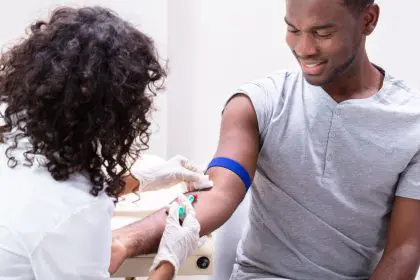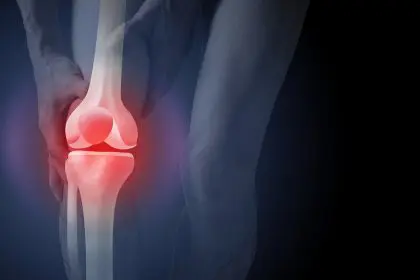Most men would rather discuss almost anything else than their prostate health. Yet medical experts warn that this reluctance could have life-altering consequences. Here’s why doctors say it’s time to break the silence and schedule those essential health screenings.
Why men avoid the doctor’s office
The statistics paint a concerning picture. Millions of men skip their annual physicals and prostate screenings, often waiting until symptoms become severe before seeking medical attention. This delay can mean the difference between early intervention and complicated treatment.
5 reasons to schedule your screening now
- Silent symptoms can mask serious problems Unlike many health issues that come with clear warning signs, prostate problems often develop quietly. Regular screenings can detect these hidden issues before they become major health concerns. Medical experts emphasize that by the time symptoms appear, the condition may have already progressed significantly.
- Family history matters more than you think Men with close relatives who have had prostate cancer face double or triple the risk of developing the disease themselves. Regular screenings become even more crucial for those with family history, allowing doctors to monitor any changes closely and intervene early if necessary.
- Age increases your risk dramatically As men age, their risk of prostate issues rises significantly. After age 50, the chances of developing prostate problems increase substantially. African American men and those with family history should start screenings even earlier, typically by age 45.
- Early detection dramatically improves outcomes When caught early, prostate cancer has a nearly 100% five-year survival rate. However, this rate drops significantly when the disease is discovered in later stages. Regular screenings provide the best chance for early detection and successful treatment.
- Modern screenings are easier than ever Today’s screening methods have evolved significantly. The PSA blood test is simple and quick, while physical exams take only a few minutes. These brief moments of discomfort could literally save your life.
What exactly happens during screening
Many men avoid screenings simply because they don’t know what to expect. A typical prostate check involves two main components: a blood test that measures PSA levels and a brief physical examination. The entire process usually takes less than 15 minutes.
Understanding PSA levels
The PSA test measures the amount of prostate-specific antigen in your blood. While this number alone doesn’t diagnose cancer, it serves as an important indicator that helps doctors track changes over time. Regular testing establishes your baseline, making it easier to spot concerning trends.
Beyond cancer detection
Prostate screenings don’t just check for cancer. They can identify other common issues like benign prostatic hyperplasia (BPH) or prostatitis, conditions that affect millions of men but are easily treatable when caught early.
The role of physical exams
While some men feel uncomfortable about physical prostate examinations, these quick checks provide crucial information that blood tests alone can’t reveal. Doctors can detect physical changes, irregularities, or enlargement that might require further investigation.
Making screening part of your routine
Health experts recommend treating prostate screenings like any other regular maintenance in your life. Just as you schedule regular oil changes for your car, your body needs routine checkups to maintain optimal health.
Breaking down common myths
Many men avoid screenings due to misconceptions about the process or potential outcomes. Understanding that not every abnormal result means cancer, and that many prostate issues are easily treatable, can help reduce anxiety about getting checked.
When to start screening
While general guidelines suggest beginning regular screenings at 50, certain risk factors might require earlier start dates. African American men, those with family history, and men experiencing urinary symptoms should consult their doctors about starting screenings sooner.
The cost of waiting
Delaying screenings can lead to more extensive and expensive treatments later. Many insurance plans cover preventive screenings, making regular checks a smart investment in both health and financial well-being.
What happens after screening
If screening results indicate a potential issue, don’t panic. Many elevated PSA levels have benign causes, and doctors have numerous tools and treatments available. The key is catching any problems early when they’re most treatable.
Taking action today
Scheduling a screening might feel uncomfortable, but it’s a crucial step in taking control of your health. Many medical offices now offer online scheduling, making it easier than ever to take this important step.
The impact on your family
Regular health screenings don’t just affect you – they impact everyone who cares about you. Taking care of your health means being there for important moments with family and friends for years to come.
Resources for more information
Many organizations provide detailed information about prostate health and screening recommendations. Your healthcare provider can also answer specific questions about your personal risk factors and screening schedule.
The bottom line? Taking a proactive approach to prostate health through regular screenings gives you the best chance at a long, healthy life. Don’t let embarrassment or fear prevent you from this essential health check. Schedule your screening today – future you will be thankful you did.














